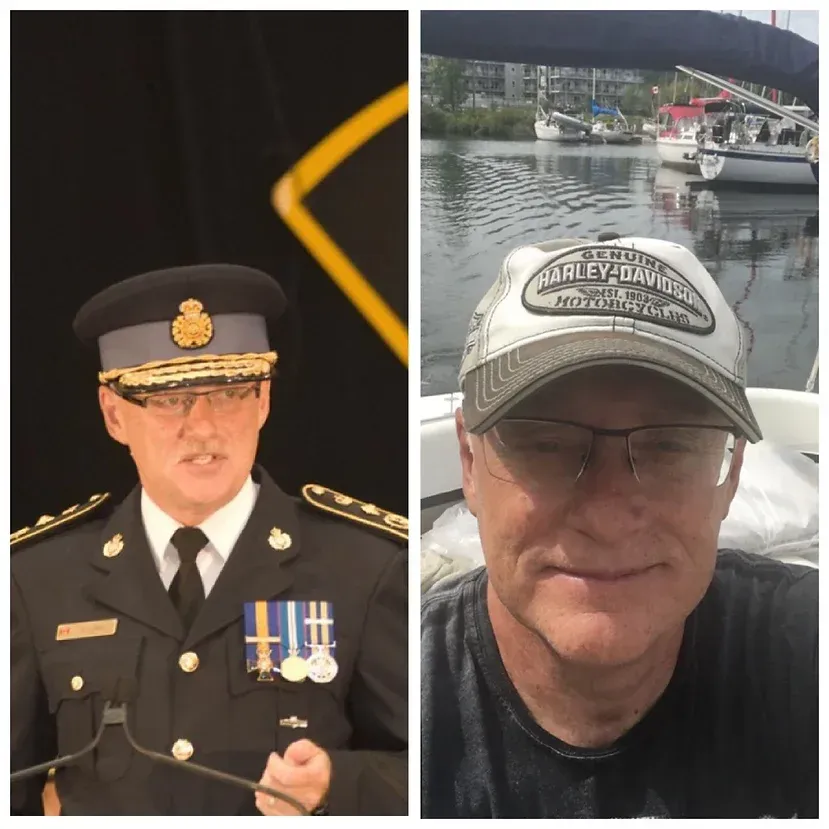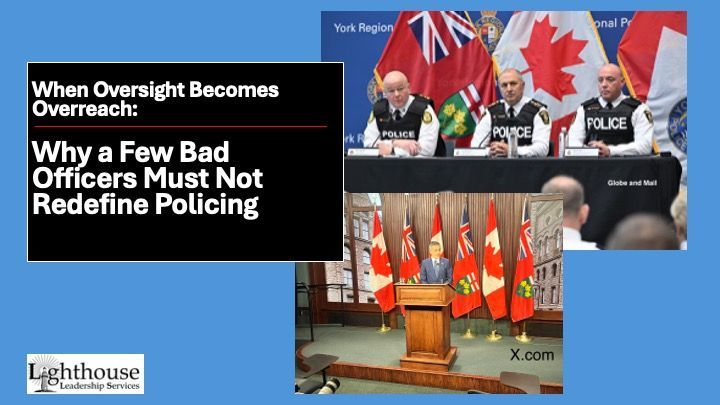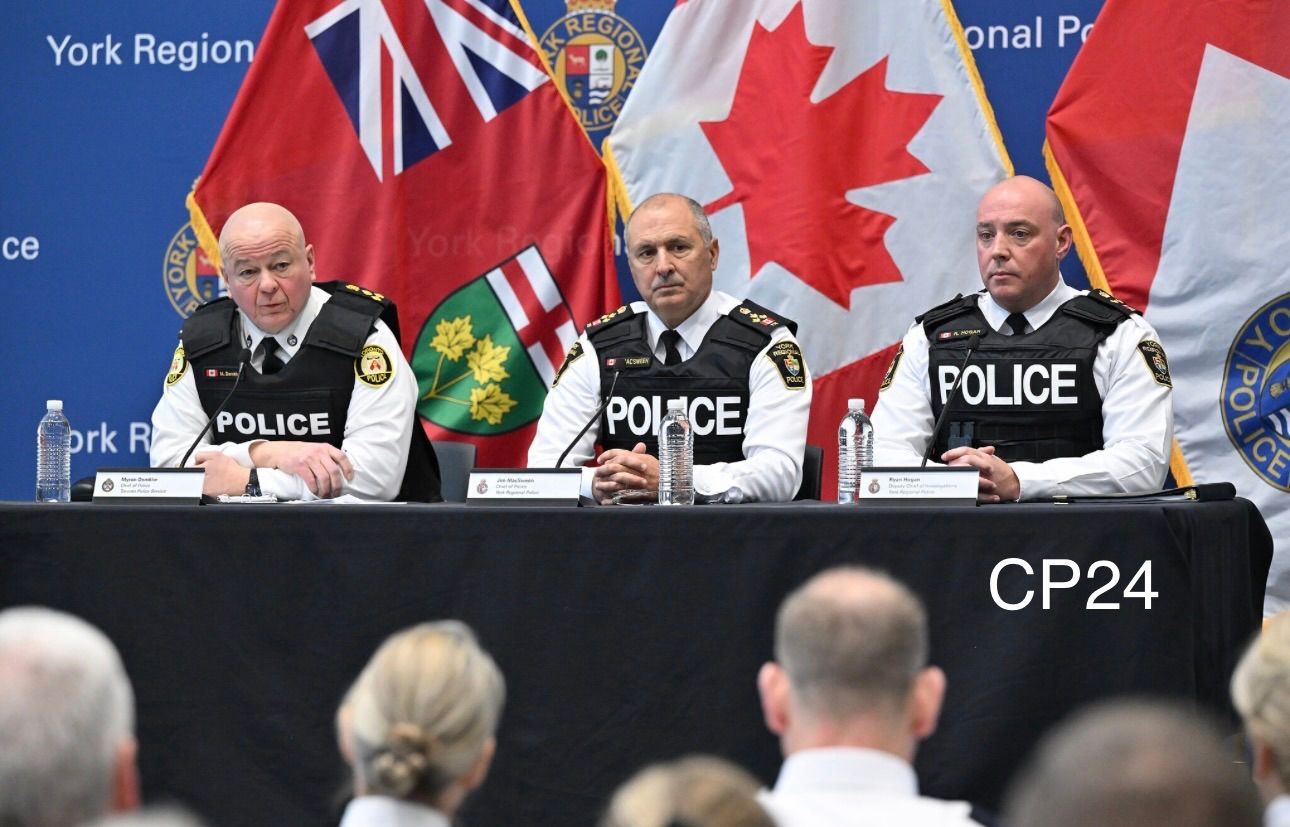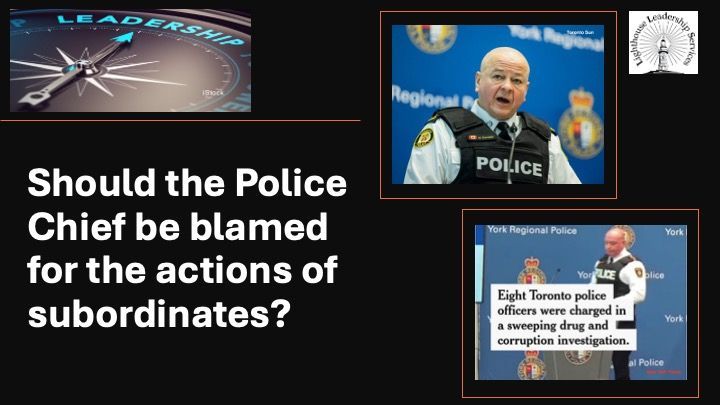New Paragraph

I’m not afraid to admit that I struggled with retirement after 36 years in policing. Quite a bit in fact. On occasion I still do.
It isn’t that I’m no longer “the Commissioner” whatsoever. I loved my job and the ability to positively impact the lives of thousands of wonderful personnel, but I don’t miss the politics, the financial pressures or the stress one little bit.
What I’ve come to realize is that retirement has brought me a lack of a “sense of belonging”. I belonged to the same great police department for most of my adult life. With that I had ring-side seats to the greatest show on earth! Watching from the benches isn’t near as gratifying. I’m not whining or complaining about my lot in life, I’m just being honest about the retired life versus a life in policing. I suspect many retirees feel the same.
Having a plan going into retirement certainly made my transition easier. I had a couple of contract jobs lined up; a motorcycle to ride; a fitness level to renew and a “honey do” list of tremendous proportions. I’m sure that those who retire and sit on the couch not sure what they are going to do for the remaining decades of their lives struggle even more than I did. And we all know others that simply don’t care at all and maybe never really did care about the job or the people. They’re not likely to miss what they were never passionate about.
My phone went from dozens of calls a day and hundreds of text messages, to complete silence. I initially had to shake it to see if it still worked. For awhile it bothered me that I wasn’t hearing from people I once heard from hourly and met with daily. Then as time went on I thought, “I may not be as busy as I once was, but those folks still are.” I also recalled that I hadn’t always regularly contacted people I thought the world of when they retired.
I put former colleagues into 4 categories:
1. The people that were loyal and dedicated employees that truly enjoyed working with you and appreciated you, but are simply too busy in their lives to regularly connect.
2. People that never did really particularly care about you or dislike you, but interacted with you because their job forced them to.
3. People that never liked you in the slightest. And lastly,
4. People that went out of their way to be seen and heard because they thought you could help their career, but deep down didn’t really care if you lived or died.
That’s not a criticism, it’s just the reality that a career as a police executive brings. Some love you, some hate you and some really don’t care either way. I firmly believe that if you’re truly a supportive and caring “leader” that people trust and connect with, you’ll have way more loyal followers than haters, but all those categories come with the turf. I’ve fought the urge to attend most policing events. It simply isn’t my role anymore, as the OPP has had 2 great Commissioners since my departure. They don’t need me hanging around at every turn. I also never wanted to be that police leader that never really went away, so I carefully select what I go to and which events I don’t.
So what do I miss?
I miss people. I don’t miss the circus but I do miss the clowns. I miss formally interacting with uniformed officers and civilian employees at all levels, as well as their families – celebrating their successes in the good times and helping them through the bad. I miss saying hello to staff in the halls of our HQ, in the cafeteria and parking lot. I miss meeting volunteers like the Auxiliary members, the Pipes and Drums and the Choir, and expressing my appreciation for all they do.
I miss outside agency partners. I enjoyed working together with them to deal with problems that were bigger than us all. I miss the communities we served, including “most” of the politicians and “all” of the good folks that supported us as we did what we could to protect them from so many forms of victimization.
I miss chasing the bad guys. Not that I personally did any of that in the last many years of my career, but I still loved to see our people working so bravely to keep communities safe and then smiling like a proud father when their criminal, traffic and tactical operations came to a successful conclusion. Thankfully some of that need is still met through my ongoing media commentary on policing issues. That at least makes me keep current on public safety challenges across the globe.
I miss hearing the day to day stories that warmed my heart. Tales of our officers finding a lost child or shoveling the snow off the front walkway of an elderly citizen, and so much more.
I miss sitting around the senior management table with the Deputy Commissioners and others as we brainstormed various approaches to the latest challenge as a team.
I miss walking the lines of our personnel in their dress uniforms at recruit graduations, police memorials and sadly the occasional police funeral. Simply shaking the many hands and saying hello to our folks always recharged my batteries no matter how solemn the occasion might be.
But mostly I just miss actively belonging a great organization that is comprised of great people who are committed to public safety. Although in my media role I will be honestly critical on occasion, I’ll always be in their corner and proudly cheering them on from afar. I have accepted that my role is to be an ambassador for them, for the policing profession and for all emergency responders. I will do that with passion and immense pride.




